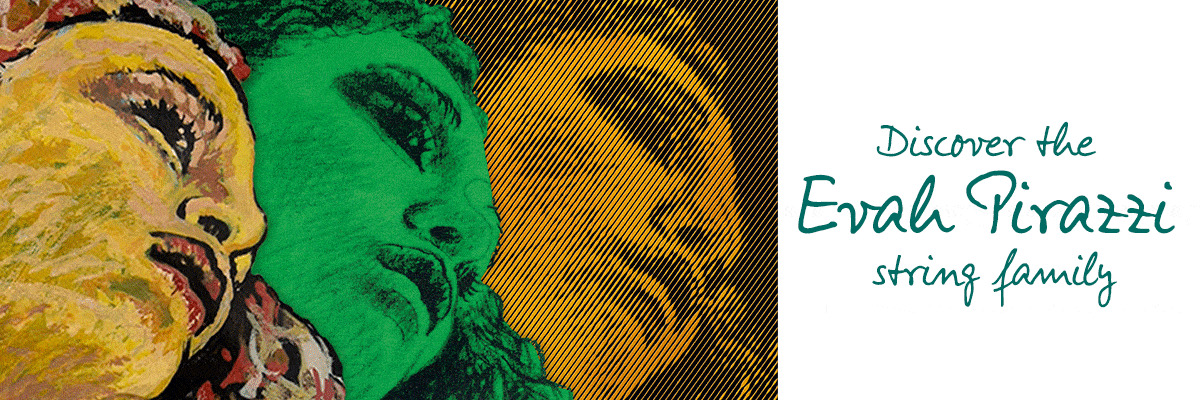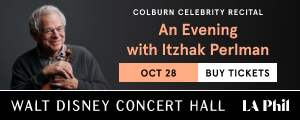Do kids mimic?
I wasn't being flippant when I said that all Menuhin could do as a kid was mimic.It raises interesting questions about kids' emotions.
If, as it seems, emotions are caused by chemicals in the brain, then kids probably do experience the whole gamut when still young, whether they are being bombed in Gaza or whether they are teething or have been given an ice-cream on a hot day or have been refused a second ice-cream on that hot day.
How does an atheist receive Bach's religious music? Simple - same emotions, different cultural interpretations (Tár).
For some few young people, Classical music excites emotions.
Playing an instrument (if they have the talent) re-excites them. This is how I explain child prodigies like Menuhin.
For more young people, Suzuki teaches them to go through the motions.
An even larger number of young people respond to dance (aka pop) music.
It is less demanding and more primitive, being based almost totally on rhythm.
I don't dance. Ever.
Tweet
Replies (6)
Many people, aged well into middle age, even old age, do not know how to control their emotions. Some do. The ones who do are immensely happier.
IMHO
And how is that information stored, pray tell?
A working understanding of the chemistry and physics underpinning the processes of the central nervous system, especially of the brain, is a long way off. Science is on its way there, however glacially.
The ISER tokomak is a long way from initiating sustained fusion, too. The cost of the experiment is staggering. The goal, if realized, would entirely conquer global poverty.
Vote for investment in science.
I’m gonna ask god to jolly the scientists along a little bit…
Violinist.com is made possible by...
Dimitri Musafia, Master Maker of Violin and Viola Cases
Johnson String Instrument/Carriage House Violins
Subscribe
Laurie's Books
Discover the best of Violinist.com in these collections of editor Laurie Niles' exclusive interviews.

Violinist.com Interviews Volume 1, with introduction by Hilary Hahn

Violinist.com Interviews Volume 2, with introduction by Rachel Barton Pine











